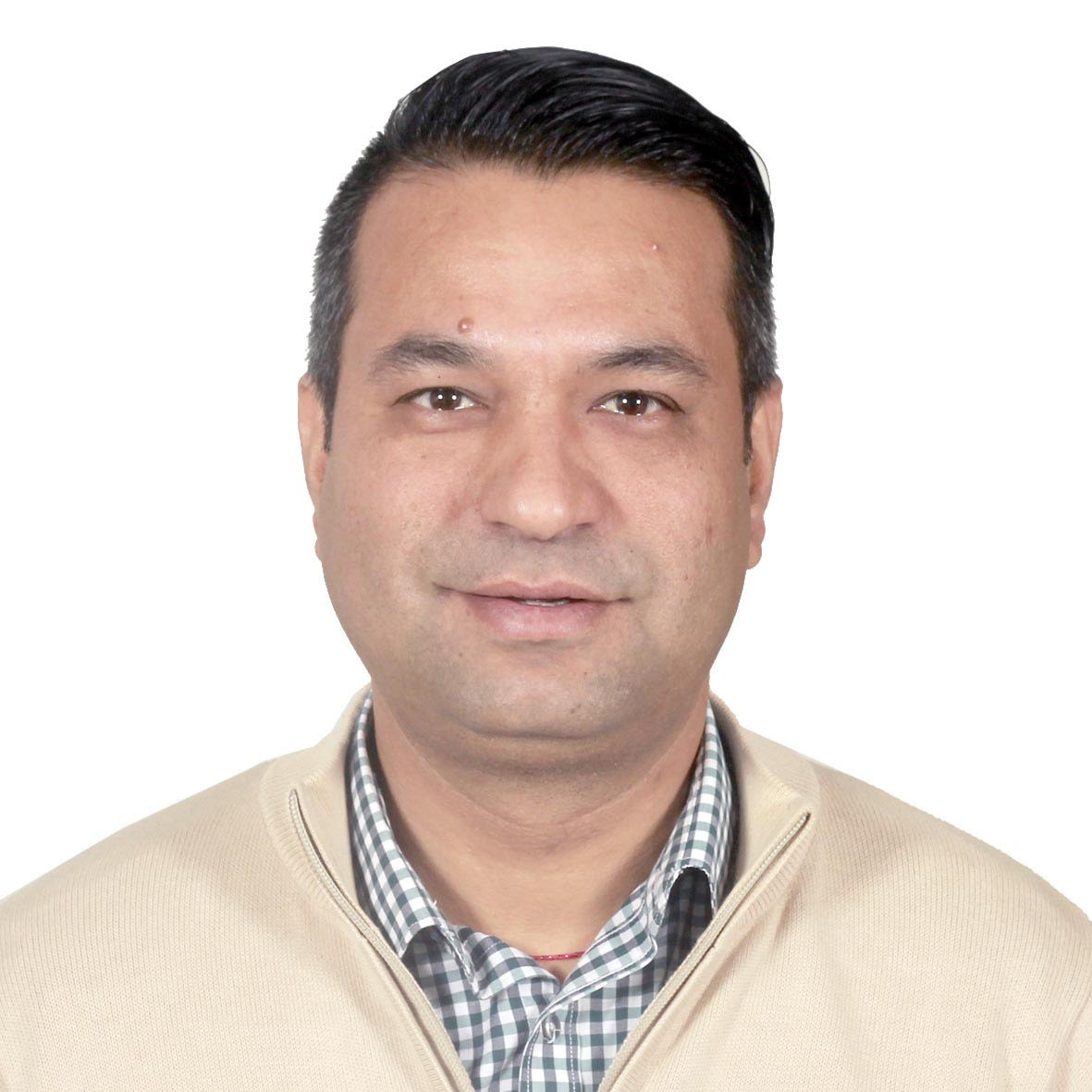Columns
Involving the army
It is a great idea to call in the Nepal Army, but only complementary to civilian efforts..jpg&w=900&height=601)
Dr Bishal Dhakal
The government's decision to involve the Nepal Army to manage medical supplies came as a big surprise. How can the army be capable of suddenly engaging in the procurement and supply of materials for our healthcare system? This plan could boomerang on the military establishment which I am sure is going to happen if this pandemic worsens in the near future. The army's involvement is going to have two major impacts which its leadership needs to be aware of. The army should be cautious about getting involved in pandemic situations like Covid-19 as it is also run by humans and is not immune to it. In fact, it is more vulnerable because of the nature of its environment and structure.
The narrative about serving in the army to give one's life for the country is not the only one. We need the army as our social backup, and it should not be used as a last resort to cover our every failure. It's already been four months since the Covid-19 pandemic began. In an attempt to understand activities across the world and learn new ideas, I reached out to my international advisor and mentor in Sweden last week. The Swedish healthcare system is considered to be one of the best in the world and it provides quality healthcare to the citizens. My advisor provides counsel locally in Sweden and globally on improving the quality of healthcare.
Separation of duties
Like other countries, Sweden is also in the grip of an outbreak and is at phase two currently. The outbreak is expected to reach its peak soon and it has shaken their society, too. Sweden had to launch new initiatives to manage the outbreak and support those needing care within a week. One thing he told me was interesting. In cities like Uppsala and Stockholm where the disease is spreading the fastest, the Swedish government has been setting up separate hospitals for Covid-19 patients. The Swedish Army is supporting the government to build them rapidly. He also said that the army in Sweden always supports civilian efforts when disasters and calamities strike the nation, and it never gets in the way of civic efforts but backs them up.
In Nepal, giving the job of procuring medical supplies to the army can backfire on the security forces, and damage our last resort for security and stability in society. The efficiency of the army in managing every crisis is due to its discipline and hierarchy. Unlike other disasters like floods and earthquakes which have a start and a finish, a pandemic like the current one can continue indefinitely. And if the situation becomes uncontrollable, it can be an exhaustive process for any institution, including the army.
When civilian efforts are inadequate, it is a great idea to call in the army to fill the gap; but it should not be summoned to deal with every petty issue and correct every mistake caused by the incompetence of the civilian leadership. If all pandemic cases were to be diverted to the army by public and private medical practitioners, that would be a catastrophe.
Surely, the army would be unable to manage every case of Covid-19 regardless of however heroic its efforts may be. Passing the burden of fighting the pandemic to the army will surely bring relief to the civilian on the frontlines, but the security forces will be overwhelmed—thus creating a change in priority. It is not a great idea for the Nepal Army to be on the frontlines at the moment. It is already facing a tough situation by agreeing to get involved in the procurement process to support the government. Is the Nepal Army really eager to be on the frontlines of the fight against Covid-19?
The second major issue is that the army itself is vulnerable to the disease due to its way of operation. The soldiers eat, live and work in close proximity to each other. But fighting the pandemic requires social distancing, isolation and quarantine. This is definitely not included in the army's education and training. Recently, the captain of the aircraft carrier USS Theodore Roosevelt was relieved from duty for revealing that infection was spreading among its crew. This has been confirmed by the US Navy, and the extent of the spread among service personnel is in the thousands. This speaks volumes about the risk of living in close quarters to many.
A bad idea
If the Nepal Army really were to take up a serious role in managing Covid-19, and the infection becomes widespread in the community, the soldiers will not escape it. In such a case, as they live in close quarters in enclosed spaces, the chances of transmission and damage to the institution are high. Will that not be a big harm to our society and country? I certainly would not want to see that happen.
It will be futile for the security forces to even think of taking up the responsibility solely so early in the crisis. It can damage their reputation and threaten many lives within the ranks, especially among the frontline medical professionals. Filling the gap in civilian-led initiatives is a better solution. Collaborative efforts and coordination are needed to control and eliminate Covid-19.
***
What do you think?
Dear reader, we’d like to hear from you. We regularly publish letters to the editor on contemporary issues or direct responses to something the Post has recently published. Please send your letters to [email protected] with "Letter to the Editor" in the subject line. Please include your name, location, and a contact address so one of our editors can reach out to you.




 14.24°C Kathmandu
14.24°C Kathmandu















